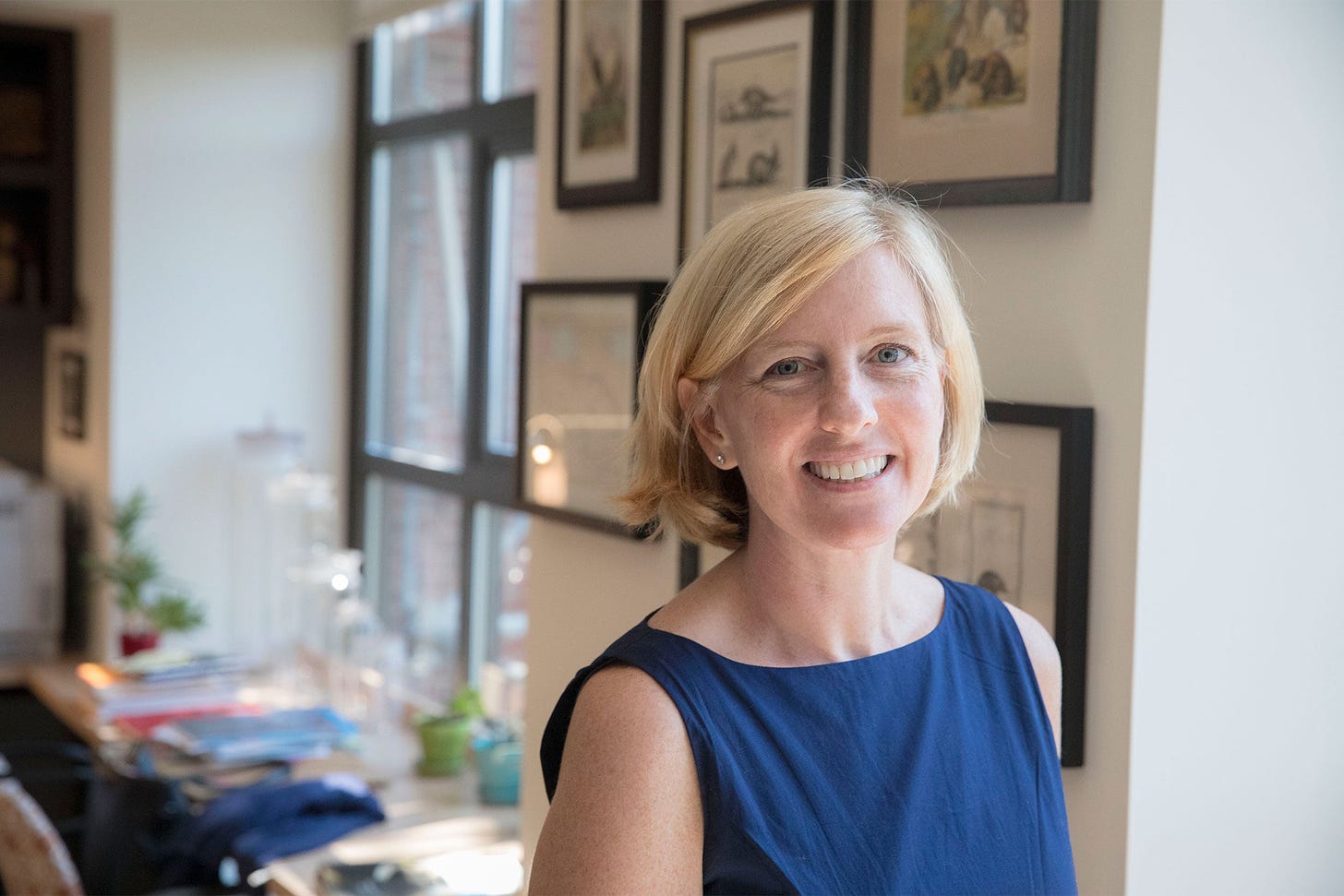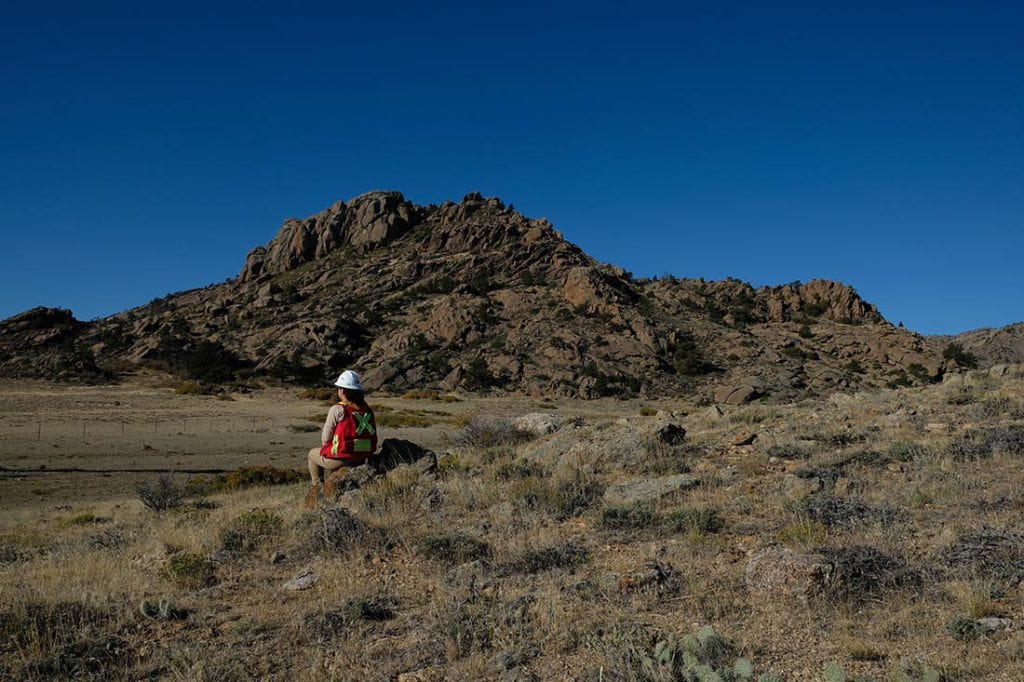Editor’s note: The articles below do not necessarily reflect the views of the Salient.
Harvard University | Email by FAS Dean Hopi Hoekstra
It seems Harvard’s leadership is beginning to try to respond to our free speech crisis. On Ash Wednesday, Dean Hoekstra announced the creation of the Classroom Social Impact Committee, a faculty group tasked with evaluating the academic freedom of the College’s classrooms. Framed as part of the “College’s intellectual vitality initiative,” the committee is intended to help ensure that “a broad range of perspectives will be heard” in academic discussions. We look forward to seeing the results of this effort. Read the rest of Hoekstra’s message in the footnotes.1
The Pennsylvania Post | Why I Resigned from the Daily Pennsylvanian by Lexi Boccuzzi
Of course, Harvard is not the only campus struggling with leftist intolerance for dissenting viewpoints. Luckily, we are always finding new friends and partners in the fight for free thought. In an open letter to the editorial board of The Daily Pennsylvanian, a student newspaper at the University of Pennsylvania, columnist Lexi Boccuzzi announced her resignation from that publication due to its censoriousness and lack of commitment to “the honest pursuit of the truth.” In response, she has helped found The Pennsylvania Post as an outlet at Penn for the ideas that the mainstream will not abide. We share Boccuzzi’s dedication to Veritas, and we wish her and the rest of the staff of The Post the best of luck in this undertaking.
Wall Street Journal | Wyoming Hits the Rare-Earth Mother Lode by Michael Auslin
“Rare-earth elements” has quickly become a buzzword in national security discussions, and for good reason. The American economy relies heavily on these metals to make everything from consumer electronics to precision military equipment—and right now, China controls most of the global supply. That could soon change, however, with the discovery of a massive deposit of rare-earths at the Halleck Creek lode in Wyoming. While it will take time to build out the mining and processing capabilities at the site necessary to make it a geopolitical gamechanger, this discovery should be a ray of hope for those concerned about economic security in this era of great power competition.
Other content that we enjoyed…
The Winston Marshall Show | Douglas Murray - Cowardice Is Killing The West
"British values are currently morphing. They’ve morphed in our lifetime. I knew what they were very clearly when I was growing up; we all knew the hymns. We knew the stories and the songs of our country. We knew the legends of our country. Now, because of mass migration, we have to do things like, “our British identity is about being kind, tolerant, diversity is our strength,” for instance, this sort of mouthwash.”
The New York Times | A Top College Reinstates the SAT by David Leonhardt
“During the pandemic, Dartmouth switched to a test-optional policy, in which applicants could choose whether to submit their SAT and ACT scores. And this policy was harming lower-income applicants in a specific way.”
The American Conservative | Why Was Tucker Carlson’s Putin Interview the First Time Americans Heard the Russian Viewpoint? by Thomas Emanuel Dans
“The key problem for U.S. policymakers is that developing an understanding of Russians requires time, effort, and dedication. Attempting to understand the other side without embracing its positions is work few want to do.”
UnHerd | Emergency Debate: Is the University Doomed?
“Amid the fallout of the Ivy League plagiarism scandal and resignation of Harvard President Claudine Gay, UnHerd invites free-thinking philosophy professors to answer the question: can the university system be saved?
Join Peter Boghossian, author of ‘How to Have Impossible Conversations’, former Sussex professor and author of ‘Material Girls’ Kathleen Stock and Cambridge scholar James Orr, for an evening of conversation and Q&A.”
An extract from FAS Dean Hopi Hoekstra’s message to the College on February 14:
“Classroom Social Compact Committee
Harvard’s teaching and learning environments are most effective when students speak, listen, and ask questions of each other with curiosity and respect, as highlighted by the College’s intellectual vitality initiative. Employing the skills and framework of civil discourse in the classroom is one way we increase the likelihood that a broad range of perspectives will be heard and that participants will open themselves to new ideas. Another is to ensure that everyone in the classroom – students and instructors alike – has a shared understanding of how they together contribute to an environment that promotes discovery, learning, and meaningful dialogue.
To support our students in their intellectual growth and our faculty in their teaching mission, I have charged a faculty committee to engage our community in a conversation about the FAS classroom. I am enormously grateful to Maya Jasanoff, X.D. and Nancy Yang Professor and Coolidge Professor of History, and David Laibson, Robert I. Goldman Professor of Economics and a Faculty Dean of Lowell House, for agreeing to co-chair this important effort.
Through this process, the Classroom Social Compact Committee (CSCC) will elicit the perspectives and insights of our faculty and students and consider current policies and fundamental values, like our commitment to academic freedom. The ultimate goal is to articulate in simple, clear terms our community’s shared goals for the FAS classroom and the roles of students, both undergraduate and graduate, and their instructors in fostering them. In addition to developing these statements, the CSCC will provide recommendations for strengthening and nurturing a vibrant classroom.
As the work of the committee gets underway, more information will be made available about opportunities to participate and to share your input.”






How encouraging to have open discussion AGAIN at Harvard….even if so much of it remains anonymous…. it’s late, the suppression is systemic…having graduated during the Vietnam War there was, even in the locker room, heated but honest debate …which, regrettably, seems impossible to imagine at present.
Dave Crawford, 1972
re: Dean Hoekstra announced the creation of the Classroom Social Impact Committee....
The Harvard community lives in such a bubble and is so arrogant, it's not clear that anything can be done to retrieve its reputation at this point. The world moves on - maybe Harvard has actually missed the boat?